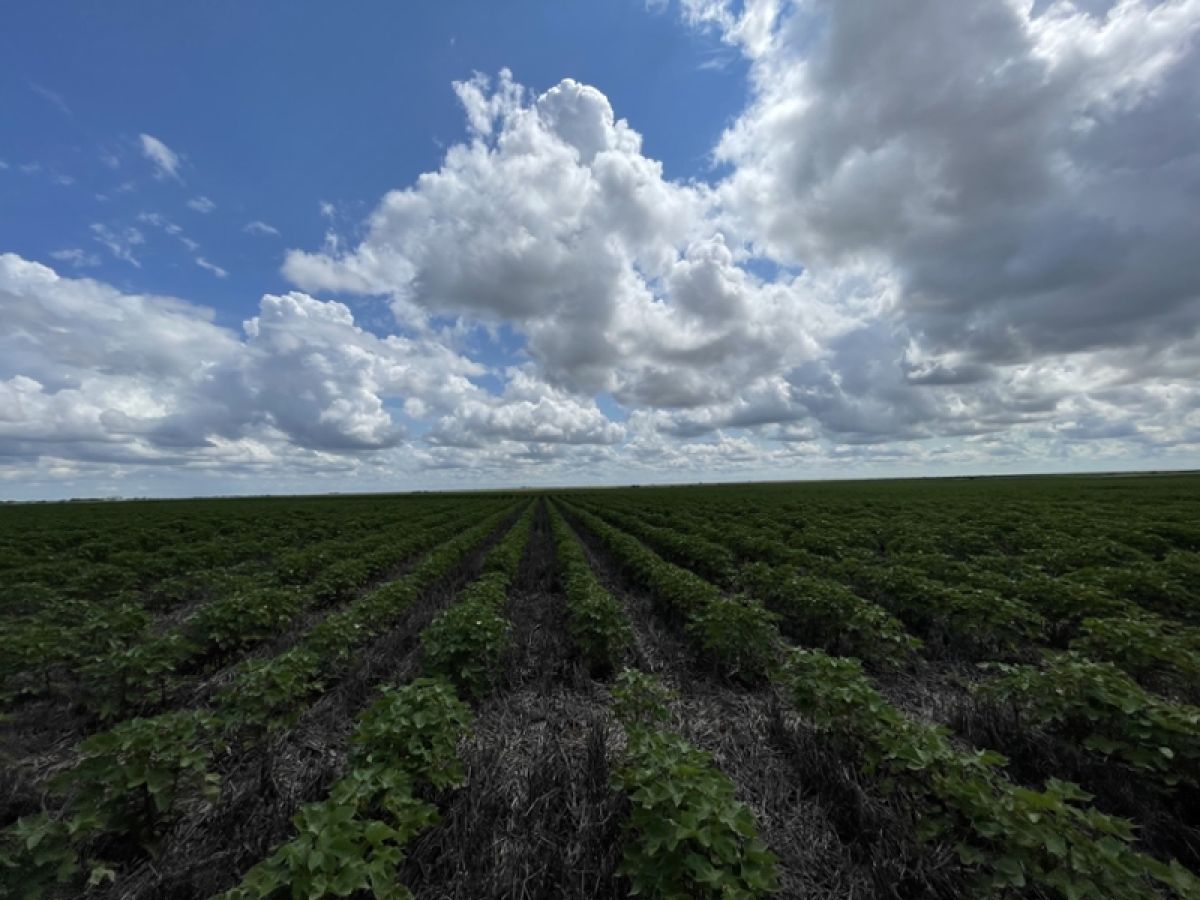
The Natural Resource Conservation Program pays for farmers to implement environmentally friendly practices like cover crops. (Seth Bodine / Harvest Public Media)
The federal government pays farmers to do things that fight global warming. And farmers want in. There's just not enough money to go around.
The U.S. Department of Agriculture wants farmers to do more to offset climate change. But more than half of the farmers who want to cash in on the payments that come with two programs have been shut out.
In the last decade, more than 1 million farmers failed to qualify for money for the Environmental Quality Incentive Program, or EQIP, and the Conservation Stewardship Program, or CSP, according to a new study by the Institute for Agriculture and Trade Policy.
The programs pay farmers to be more environmentally friendly and conserve the land. Through EQIP, for instance, farmers can be paid up to $15,000 a year to implement practices like planting cover crops, wetland wildlife management and restoring rare and declining species of animals.
Through CSP, a dairy farmer in Wisconsin was paid to build runoff and filter strips to prevent waste getting into water systems.
Only 31% of EQIP applicants and 42% of CSP received contracts. Farming states like Oklahoma, Missouri, Illinois and Kansas had the lowest acceptance rates compared to demand in 2020, according to the study.
The programs simply run out of money before signing up all the farmers who are interested.
“Just because you apply doesn't mean you're going to get in,” says Gary O’Neill, the state conservationist for Oklahoma’s Natural Resource Conservation Service “It’s based on how many funds we have, but are also based on the ranking of that application.”
Michael Happ, program associate for climate and rural communities at the Institute for Agriculture and Trade Policy, says the federal government should add $30 billion to the programs if it wants a good buy in fighting climate change.
“We have these two programs that exist, that are really popular with farmers that already have and will continue to help them deal with the effects of climate change,” Happ says. “And there's just an incredibly strong demand for these two programs that's not being met.”













